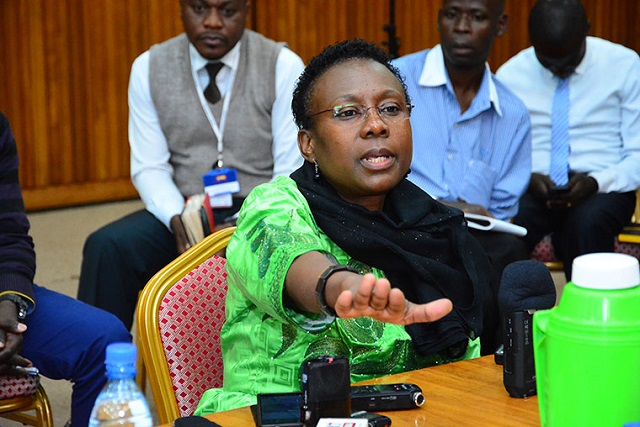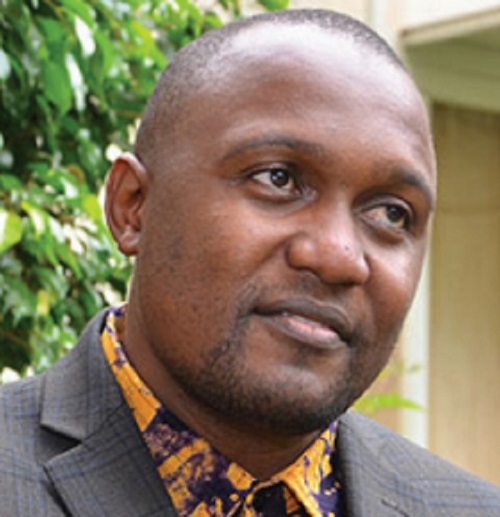
STRIKE: Why Ugandan workers pick weapon of last reason?
Kampala, Uganda | FLAVIA NASSAKA | Salary wars usually get ugly, especially if they involve a strike by medical workers. So when members of the Uganda Medical Association (UMA), a 6000-member body started their strike over pay on Monday 06, the country was shaken. But that number possibly did not include the Minister of Health, Dr. Jane Ruth Aceng.
And Aceng had an answer for the strikers – or she thought, and her strategy was revealed three days later on Nov.09.
8pm is an odd hour for a government to call a press briefing, especially at short notice. But that is exactly the time Aceng chose on that day. She had sent out the invitation email at 6:30pm when most office workers and some journalists should have retired. But equally unusually, by 8pm the boardroom on Level Three of the five-storey Ministry of Health headquarters on Lourdel Road in Kampala was brimming with journalists and government officials.
The reason for the prompt and high turn up by journalists was the anxiety sweeping across the country since medical workers went on strike on Monday Nov.06 leaving patients unattended, ailing and dying in hospitals. The medics strike comes at a time when prisons across the country are filling with suspects unable to be brought to court because state prosecutors are on strike since Oct.13. The prosecutors are among the lowest paid members of the judiciary, earning Shs740,000 a months in a department where their head, the chief registrar earns Shs5 million. At this rate, nobody was sure if the perennial strikers; the teachers in government schools and lecturers and students in public universities, will join in. So the country wanted answers, especially regarding when the strikes would end.
“Return to work or risk disciplinary action,” Aceng, who appeared to be in combative mode told the strikers. But that appears to have been a mistake because the strike did not stop. Aceng was aware that on the striking medics had defied President Yoweri Museveni to go on strike after an Oct.31 meeting in which he pleaded with them not to.
So instead of calling off the strike, the interns who she singled out for disciplinary action because she possibly considered them vulnerable, quit their posts on the wards. And the spokesperson of the strikers, Dr Ekwaru Obuku who is the President of the Uganda Medical Association (UMA) appeared unfazed.

He told The Independent that the government needed to drop “the ‘arrogance of issuing threats”
“We were about to end this strike two days ago but the Minister has adopted an approach that is not in tandem with the principals of collective bargaining. They are making no effort to reach an agreement,” he said.
“Government needs to listen and provide solutions very quickly”, Obuku told The Independent.
The medical workers main demand is a pay rise. They might talk about their anger over the State House Health Monitoring Unit set up by President Yoweri Museveni to catch errant and alleged corrupt medics who steal drugs, are absent or negligent, or demand bribes and the government of failure to provide sundries like gloves, needles, bandages and more. But the real grievance is pay.
 The Independent Uganda: You get the Truth we Pay the Price
The Independent Uganda: You get the Truth we Pay the Price





